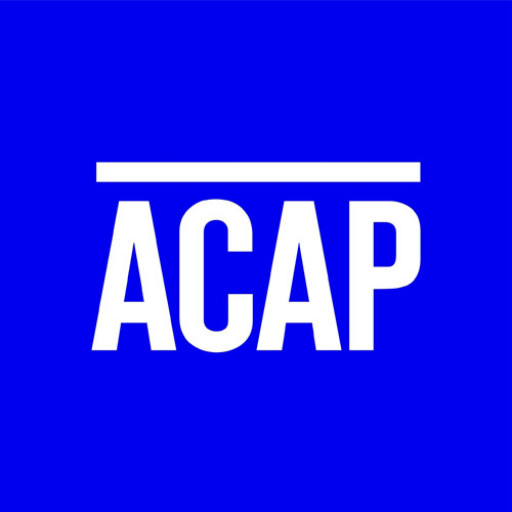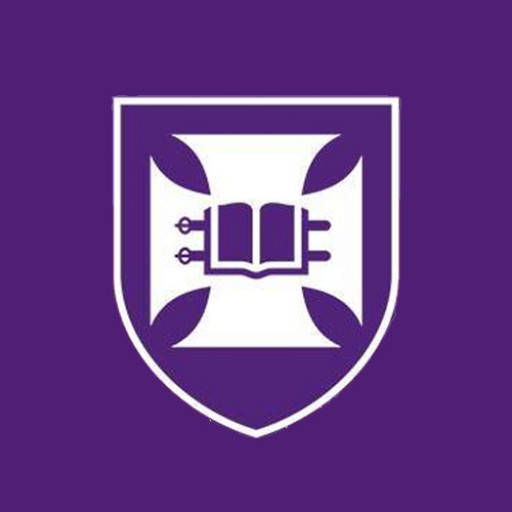The Master of Counselling and Psychotherapy at Edith Cowan University is a comprehensive postgraduate program designed to prepare students for a rewarding career in mental health support and therapy. This program provides students with the foundational knowledge, practical skills, and ethical understanding necessary to work effectively with diverse client populations experiencing a range of psychological issues. Throughout the course, students engage in rigorous coursework covering key areas such as human development, counseling theories, assessment techniques, and intervention strategies. The curriculum emphasizes the importance of culturally sensitive practice and promotes an ethical approach to clinical work.
In addition to academic instruction, students participate in supervised clinical placements, allowing them to apply their learning in real-world settings under the guidance of experienced practitioners. These placements are integral to developing hands-on skills and building professional confidence. The program also offers opportunities for specializations or electives tailored to students' interests, including areas such as trauma counseling, youth mental health, and addiction counseling.
Designed to meet accreditation standards, the Master of Counselling and Psychotherapy equips graduates with the knowledge and skills needed for registration as a counsellor or psychotherapist in Australia. Graduates are prepared for employment in various settings, such as private practice, community health organizations, hospitals, schools, and government agencies. The program emphasizes a holistic, client-centered approach, encouraging reflective practice and ongoing professional development. Graduates of this program become competent, compassionate practitioners committed to making a positive difference in the lives of individuals and communities facing mental health challenges.
The Bachelor of Counseling and Psychotherapy at Edith Cowan University is a comprehensive undergraduate program designed to equip students with the essential knowledge and practical skills required for a career in mental health support services. Throughout the course, students explore a wide range of topics including human development, psychology, counseling theories, therapeutic techniques, ethical practices, and multicultural considerations. The program emphasizes the development of strong interpersonal and communication skills, critical thinking abilities, and a deep understanding of client-centered approaches. Students will engage in both theoretical learning and supervised practical placements, allowing them to integrate their academic knowledge with real-world counseling experiences. The curriculum is structured to progressively build competencies, starting with foundational psychology and counseling principles, advancing to specialized areas such as mental health assessment, crisis intervention, and stigma reduction. Additionally, students are encouraged to cultivate cultural sensitivity and ethical awareness, which are vital in delivering effective counseling services within diverse communities. The program prepares graduates to work in various settings, including community health organizations, educational institutions, private practices, and government agencies. Upon completion, students will be eligible to pursue further studies or certification pathways in counseling and psychotherapy, enabling them to register as professional counselors. The Edith Cowan University Bachelor of Counseling and Psychotherapy combines rigorous academic instruction with hands-on experience, ensuring graduates are well-prepared to make meaningful impacts in the mental health field and support individuals on their journey to well-being.
Program requirements for the Master of Counselling and Psychotherapy at Edith Cowan University typically include the successful completion of prerequisite academic qualifications, relevant work or volunteer experience in related fields, and demonstrated academic capability through prior tertiary education achievements. Applicants are usually required to hold a Bachelor's degree or equivalent from an accredited institution, with a minimum grade point average specified by the university. Additionally, applicants must provide a personal statement outlining their motivation for pursuing the program, relevant experience, and career aspirations in counselling and psychotherapy. Evidence of current practical experience or volunteering in mental health settings may be advantageous. As part of the application process, applicants may also need to undergo an interview or assessment to evaluate their suitability for supervised clinical practice components of the program. It is essential to demonstrate good communication skills, emotional resilience, and a strong ethical foundation. International students must meet specific English language proficiency requirements, typically through IELTS, TOEFL, or equivalent tests, to ensure they can effectively engage with the coursework and practical components. Once admitted, students are expected to complete all coursework, practical placements, and assessments as outlined in the program curriculum. Practical placements generally involve supervised fieldwork in community agencies, mental health organizations, or counselling clinics, designed to provide hands-on experience in therapeutic settings. Students are required to adhere to the ethical and professional standards set by accrediting bodies, such as the Australian Counselling Association or the Psychotherapy and Counselling Federation of Australia. Graduates who complete the program are eligible to apply for registration or accreditation to practice as qualified counsellors or psychotherapists, depending on the specific pathways offered by the university. Maintaining professional competence through ongoing professional development is also expected for continued practice post-graduation.
The Bachelor of Counselling and Psychotherapy at Edith Cowan University offers a range of financing options to support students throughout their studies. Domestic students may be eligible for government assistance programs such as HECS-HELP, which allows them to defer their tuition fees until they are earning an income above the repayment threshold. Additionally, scholarships and grants are available for eligible students, including those based on academic merit, financial need, or specific criteria related to the field of counselling and psychotherapy. These financial aid options can significantly reduce the upfront cost of tuition and ease the financial burden for students pursuing this degree. For international students, tuition fees must be paid upfront or through approved payment plans, as government assistance schemes like HECS-HELP are not available. Edith Cowan University also provides a range of internal scholarships for international students, which are competitive and support students based on academic achievement and other criteria. Students are encouraged to explore external funding options as well, such as private scholarships, bursaries, and loans, depending on their personal circumstances. The university’s financial services team offers guidance on managing tuition payments, applying for scholarships, and understanding the financial commitments involved in undertaking a counselling and psychotherapy degree. Students are advised to contact the university’s student services or visit the official website for detailed information on current tuition fees, scholarship applications, and financial aid procedures. It is important to plan early and consider all available funding options to ensure a smooth educational journey through the program. Overall, Edith Cowan University is committed to providing accessible education by supporting students financially and offering various resources to assist with their study-related expenses.
The Bachelor of Counselling and Psychotherapy at Edith Cowan University is a comprehensive undergraduate program designed to prepare students for a career in mental health support, focusing on counselling and psychotherapy practices. The course aims to provide students with a solid foundation in psychological theories, counselling techniques, and ethical practices essential for working effectively with diverse client populations. Throughout the program, students engage in both theoretical learning and practical skill development through simulated counselling sessions, supervised placements, and case-based learning. This approach ensures graduates are well-equipped to address a wide range of mental health issues, including anxiety, depression, relationship problems, and trauma. The curriculum emphasizes person-centred approaches, cognitive-behavioural therapy, and other evidence-based practices, integrating contemporary research and cultural competence to adapt to diverse client backgrounds. Students have opportunities to develop critical thinking, active listening, empathy, and ethical decision-making skills vital for successful counselling careers. The program also emphasizes professional standards and ethical considerations, preparing students to meet the requirements of registration bodies such as the Australian Counselling Association. Graduates of this degree can pursue careers in private practice, community health organisations, educational institutions, and corporate settings, contributing to the well-being of individuals and communities. The program is structured to comply with accreditation standards and includes coursework, practical placements, and research components. For those wishing to deepen their expertise, options for postgraduate study are also available, building on foundational counselling skills and knowledge. Overall, the Bachelor of Counselling and Psychotherapy at ECU offers a supportive learning environment with experienced faculty, state-of-the-art resources, and strong industry links, designed to foster both personal and professional growth in aspiring counsellors and psychotherapists.







